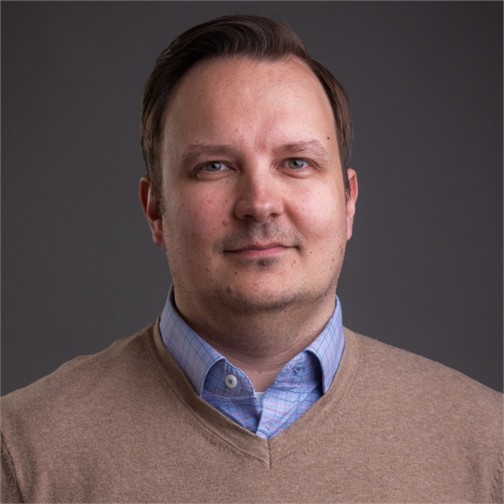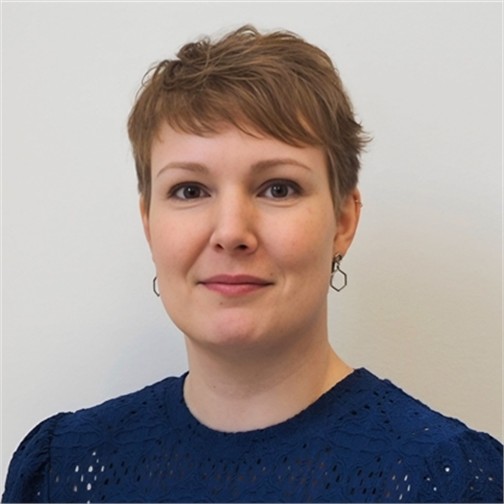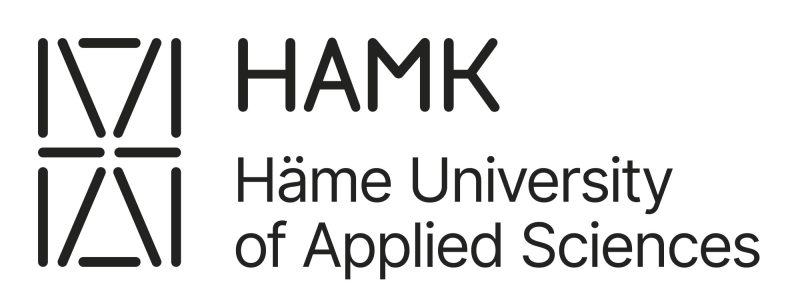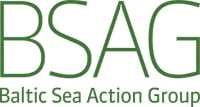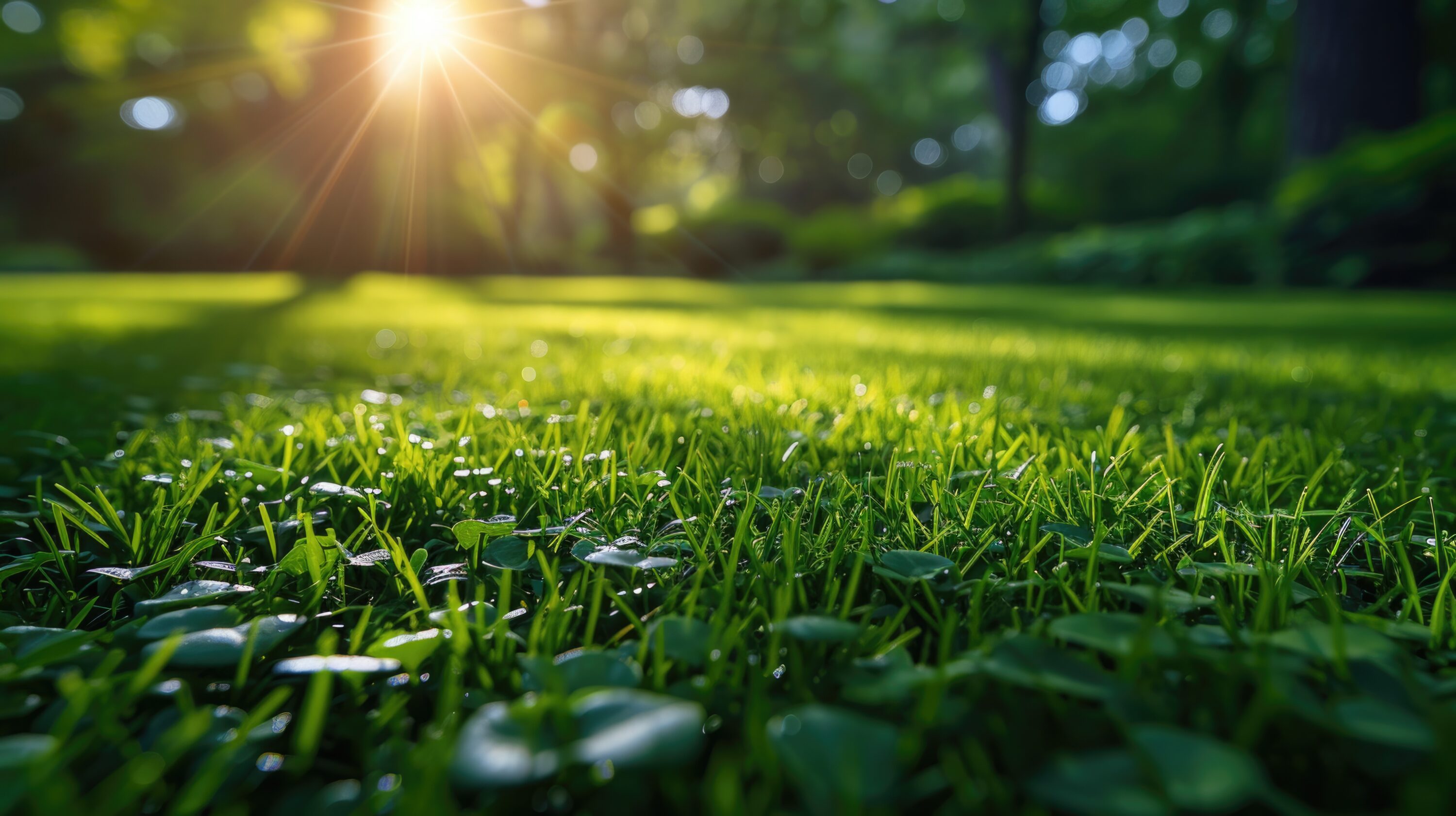
PUNURMIO
Development of automatic methods for grass biomass estimation, monitoring and prediction


Project information
| Project | PUNURMIO – Development of automatic methods for grass biomass estimation, monitoring and prediction |
| Duration | 1.5.2024- 30.12.2026 |
| Partners | Häme University of Applied Sciences, Baltic Sea Action Group, Finnish Meteorological Institute, Gofore Oyj |
| Funders | European Agricultural Fund for Rural Development (EAFRD) European Innovation Partnership (EIP) Funding granted by: Häme Centre for Economic Development, Transport and the Environment (ELY Centre) |
| Budget | Funding granted by the ELY Centre: 347 166,40 € EU share of the funding: 149 281,55 € |
We are developing a method in our national EIP project that enables farmers to automatically assess and predict grass biomass growth using a phone camera and local data. The aim is to improve grass yield, reduce the carbon footprint of agricultural products, and support climate-smart milk and meat production.
Agricultural emission reduction targets affect farmers due to both the reduction demands set by the food industry and the climate goals and subsidy policies of the public sector. Simultaneously, the rapid increase in farm sizes and the pressure to improve production efficiency push producers to enhance their operations in an environmentally sustainable way. High grass yields generally have a positive effect on carbon sequestration in the soil, thereby reducing the carbon footprint of the final products. This factor is crucial in climate-smart milk and meat production, where optimizing grass yields plays a key role.
The goal of the PUNURMIO project is to develop a method for the automatic, field-specific assessment, monitoring, and prediction of grass biomass growth. The method is based on locally collected data from images taken with a phone camera and other sources, such as local weather forecasts and soil data. Machine learning is used to determine growth parameters for the grass biomass based on the collected information.
The project involves building a mobile interface through which the images and other data collected by farmers are processed by a calculation algorithm, and the resulting assessments and forecasts are delivered back to the farmer’s interface. The method developed in the project will be tested on pilot farms and selected test fields through a partner network, and the results will also be compared to biomass estimates derived from satellite imagery-based modeling.
Target group
The immediate target group of the project consists of farmers and companies operating in primary agricultural production, such as contractors working in feed production.
Operating area
The project is nationwide, covering the entire country of Finland. The project involves participants from various regions across the country.
Project Objectives
- Develop an automated method for estimating grass biomass quantity based on images and other agricultural data.
- Explore possibilities for assessing the nutrient content (D-value) of grass biomass using image-based methods.
- Build a prototype of a mobile tool (application or web interface) suitable for farmers to use, which is easy to operate and enables smooth and user-friendly functionality in field conditions.
- Test and validate the developed method on pilot farms selected for the project and on other suitable test fields.
- Disseminate information about the project’s activities, measures, and results to its target groups, the research and development community, and the general public.
Innovation Group
The EIP innovation group includes key organizations and primary producers working in climate-friendly food production.
HAMK serves as the project administrator and main implementer. Smart bioeconomy is a strategic focus area for HAMK’s applied research. Together with its partner network, HAMK conducts impactful research in smart bioeconomy, which has been systematically developed in projects like Bioeconomy 4.0 (2019–2022) and Carbon 4.0 (2019–2020), funded by the Ministry of Education and Culture.
FMI has long been engaged in agricultural climate impact research and leads soil carbon sequestration research under the Carbon Action initiative. FMI’s Climate System Research Unit carries out extensive international research in carbon cycling, developing vegetation and soil models to verify climate change impacts and enhance carbon sinks. FMI is also part of the Finnish Academy’s Centre of Excellence in Atmospheric and Climate Competence (ACCC). In the PUNURMIO project, FMI focuses on developing biomass and yield assessment, integrating weather data and forecasts for optimizing harvest timing. FMI will also compare the project’s biomass estimates with those calculated using process models and Sentinel-2 satellite imagery.
BSAG is an independent, non-profit foundation established in 2008, focusing on cross-sector collaboration to save the Baltic Sea. BSAG brings together researchers, decision-makers, companies, and farmers for peer learning and joint development in regenerative agriculture. In the PUNURMIO project, BSAG handles communication with farmers and stakeholders, involving farmers in prototype testing and disseminating project results via the Carbon Action platform and its communication channels.
Gofore is a digital transformation expert company operating across several countries. With over 1,400 professionals, Gofore provides services in management consulting, design, software development, and testing, particularly for sectors like smart industry, energy, agriculture, and logistics. In the PUNURMIO project, Gofore acts as the digitalization expert, contributing to the development of the user interface and ensuring that the method is farmer-friendly, utilizing their service design expertise.
Valio, owned by Finnish dairy farmers, is a leading national milk producer committed to carbon-neutral milk production by 2035. Grass cultivation plays a key role in reducing the carbon footprint of milk production. As part of the CARBO network, Valio collaborates on grass carbon sequestration research with FMI, LUKE, the University of Eastern Finland, Yara, and Atria. Valio is also involved in BSAG’s Carbon Action initiative. The method developed in the PUNURMIO project is of interest to Valio’s primary production as it helps dairy farms optimize grass yields and enhance carbon sequestration.
Valio’s five procurement cooperatives, which supply milk to Valio, are fully farmer-owned. Four of these cooperatives (Länsi-Maito, Maitosuomi, Pohjolan Maito, and Tuottajain Maito) are partners in the PUNURMIO project, focusing on producer collaboration and identifying suitable pilot farms. Each cooperative will involve 1–2 farms to test the image-based biomass assessment tool during the second and third project years (2025–2026).
ProAgria is a national agricultural advisory and development organization, playing a significant role in providing services to agricultural and rural entrepreneurs, with strong collaboration across the food chain.
Located in Tuulos, Hämeenlinna, Setälä-Eerola farm produces beef for Atria and participates in the Carbon Action network as a test farm for carbon farming practices. The farm also collaborates in the UVIDI project led by HAMK. In the PUNURMIO project, Setälä-Eerola farm shares expertise in grass cultivation and provides fields for research and testing.
Soidinsuo farm is a single-robot dairy farm in Orimattila, producing organic milk for Valio. The farm is involved in the Uudis project with BSAG. In the PUNURMIO project, Soidinsuo farm shares knowledge and offers fields for research and testing
Located in Urjala, Kestilä farm shares expertise in grass cultivation and provides fields for research and testing. Tuomas Näppilä from Kestilä farm has previously contributed to BSAG’s e-learning course on regenerative farming.
Follow us on social media!
Check out HAMK’s social media channels focusing on research!
Contact information
Project Manager: Joni Kukkamäki
